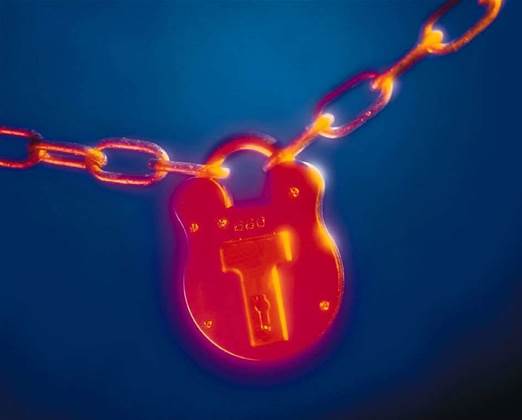The timing couldn't have been worse.
Late Saturday night my fiance and I came home to find that somebody had broken in to our home and stolen our two laptop computers.
On the same table as where the laptops had sat, unboxed but still wrapped in plastic, was a new home NAS storage unit I'd purchased last week, plus a spare hard drive.
(Obviously, whatever junkie broke in to our home must have been pretty stupid - the unopened new NAS, new router and hard drive would have netted him more money at the hock shop than two used Macs. But I digress.)
I was only a night's sleep away from spending my Sunday morning backing up all the data from our laptops. One night too late.

If I'd have done it a day earlier - or nine months earlier if I had any sense at all - I'd still have all the photos, all the work documents, all the music, all the video we'd shot, all the apps we'd paid for.
It's been said before, but I'll say it again. Hardware you can replace with relative ease, but not so for the data.
I know I'm preaching to the converted when advising an iTnews reader to backup their data, but if I was lazy enough to miss the message for too long, maybe you're falling a little behind too? My holiday tip to you before you go on leave - back it up.
Is this the part where I rave about the Cloud?
Which leads us to the next question - what if I had backed up my data already, but the thief was a little smarter and took the NAS too? Or what if a fire took out the laptops and every other device in the place?
It's here that the cloud starts looking like a sensible place for backup. A disaster recovery strategy for the consumer, so to speak.
But as we have reported, the cloud isn't always as available and reliable as one would hope. Mistakes and errors and glitches happen just as frequently in data centres.
The answer? How about both.
If your data is important enough to you, it is frighteningly cheap to buy a backup drive or NAS, and not much more again to have a secondary backup in the cloud.
I wish I'd realised that last week.



_(36).jpg&h=140&w=231&c=1&s=0)
.png&h=140&w=231&c=1&s=0)
_(23).jpg&h=140&w=231&c=1&s=0)





 iTnews Executive Retreat - Security Leaders Edition
iTnews Executive Retreat - Security Leaders Edition
 iTnews Cloud Covered Breakfast Summit
iTnews Cloud Covered Breakfast Summit
 Melbourne Cloud & Datacenter Convention 2026
Melbourne Cloud & Datacenter Convention 2026
 The 2026 iAwards
The 2026 iAwards












_(1).jpg&h=140&w=231&c=1&s=0)



